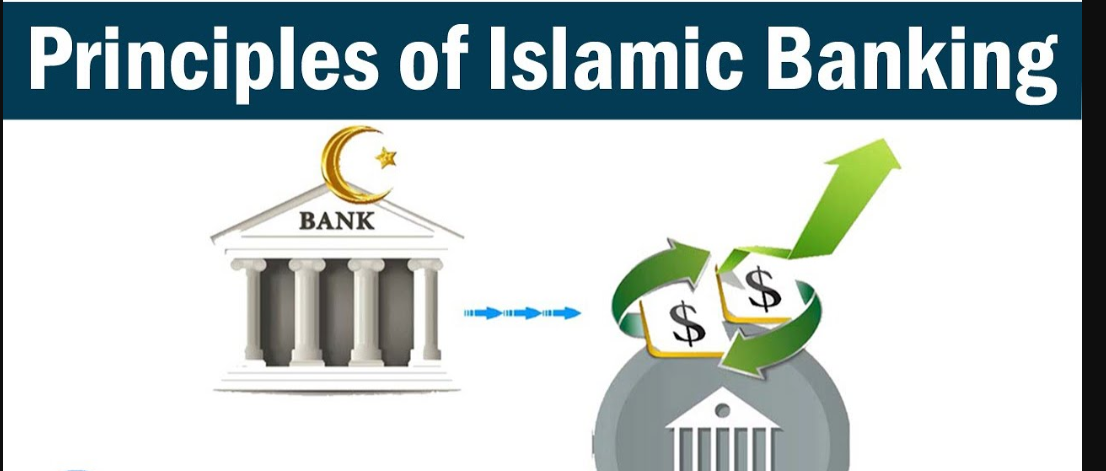Islamic finance, a rapidly growing sector of the global financial industry, is rooted in the principles of Sharia, or Islamic law. It governs not only religious rituals but also the everyday aspects of life, including economic and financial dealings. The principles of Islamic finance are derived from the Quran, Hadith (sayings of Prophet Muhammad), and centuries of Islamic scholarship. This blog post introduces the key Principles of Islamic Investment Finance, particularly in the context of investments.
1. Prohibition of Interest (Riba)
The most fundamental principle of Islamic finance is the prohibition of riba, which means “excess” or “increase” and is often translated as interest. In Islamic finance, money is merely a medium of exchange and cannot generate more money by itself. Therefore, earning interest (riba) on loans or savings is strictly prohibited. Islamic finance principles emphasize fairness and equity in financial dealings, and interest is seen as exploitative and unjust.
2. Risk Sharing and Profit-and-Loss Sharing
Islamic finance emphasizes the concept of risk sharing between the lender and borrower, in contrast to conventional banking. Rather than the borrower being obligated to pay interest regardless of the outcome of their venture, Islamic finance involves investors sharing both the profits and losses of the investment. This model aligns the interests of all involved parties and fosters a culture of responsible investment and financing practices.
3. Asset-Backed Financing
In Islamic finance, all financial transactions must be backed by tangible assets or services. This principle prohibits speculative, uncertain, or risky investment (Gharar in Arabic). The requirement for asset backing ensures that financial activities are grounded in the real economy and contribute to productive economic activity.
4. Ethical Considerations and Social Responsibility
Islamic finance prioritizes ethical investments, prohibiting involvement in businesses that offer goods or services considered detrimental to society, such as alcohol, tobacco, gambling, and adult entertainment. This emphasis on ethics promotes investments that contribute positively to society and the environment, aligning with the Islamic principle of fostering good and averting harm.
5. Sharia Compliance and Governance
Sharia compliance is central to all Islamic finance operations. This requires adherence to Islamic law as interpreted by qualified scholars. Numerous Islamic financial organizations have a Sharia board or committee verifying that their activities and offerings adhere to Islamic principles.
6. Transparency and Fairness
Islamic finance emphasizes transparency and fairness, ensuring that all parties involved in financial transactions are fully informed about the terms and conditions. Deceit or misinformation is strictly prohibited, guaranteeing that contracts are entered equally and fairly to prevent exploitation.
With its focus on risk sharing, ethical investment, and social responsibility, Islamic finance stands out as a compelling alternative to conventional finance. It aligns with investors’ religious beliefs and contributes to a more balanced and just financial system.
The principles of Islamic finance have broad appeal beyond religious boundaries, attracting an increasing number of non-Muslim participants due to its ethical and socially responsible approach. As the Islamic finance industry expands, it offers a distinct perspective on investment and finance centered around sustainability, equity, and shared prosperity.

